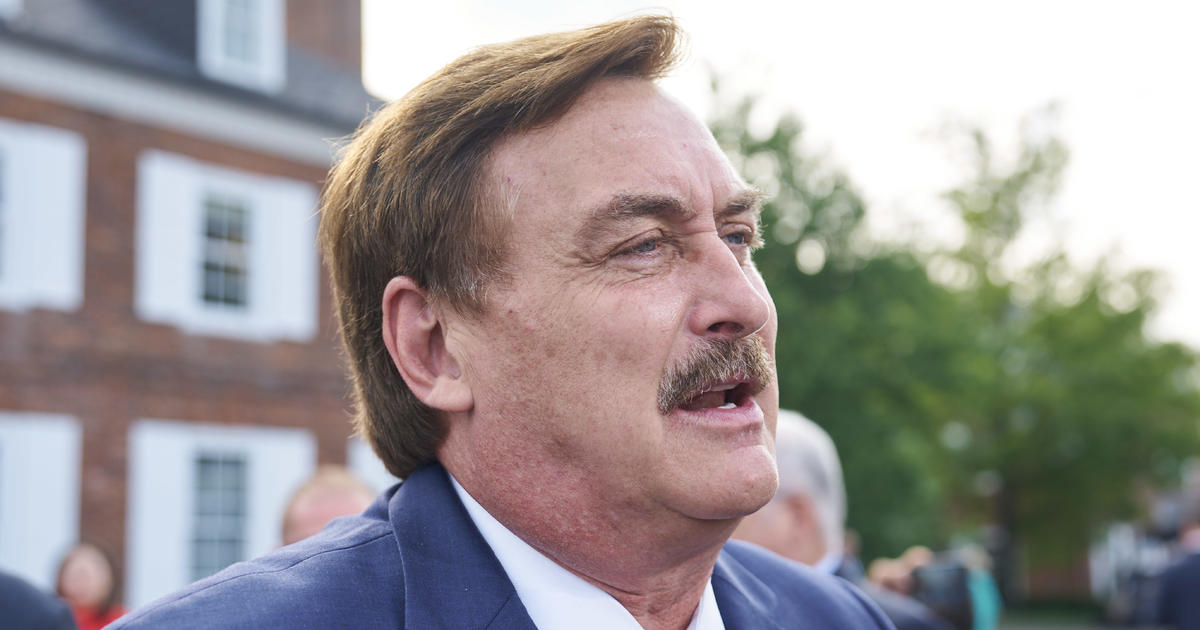Guidant To Be Sentenced For Violating Federal Law
MINNEAPOLIS (AP) -- Boston Scientific Corp. has strengthened its programs to make sure it complies with laws regulating its medical devices, after its Guidant unit failed to properly disclose changes it made to some implantable heart devices in 2002 and 2005, according to a court document aimed at trying to resolve criminal charges against the heart device maker.
The document, filed this week by an attorney for Guidant, was requested by U.S. District Judge Donovan Frank, who earlier rejected a guilty plea by Guidant LLC and asked for more information about its compliance programs and community service efforts.
Guidant pleaded guilty last spring to submitting a false and misleading report to the Federal Drug Administration about one defibrillator model, and failing to notify regulators about a safety correction to another line of devices. Guidant agreed to pay $296 million in fines and forfeiture fees in what prosecutors called the largest criminal penalty assessed against a medical device company.
But Frank said there were problems with the deal. Among them, it didn't put Guidant or Boston Scientific, which acquired Guidant in 2006, on probation. Attorneys for Guidant and the U.S. government did not negotiate a new plea deal. Instead, they provided more information to Frank and will appear before him Wednesday to see if he'll accept the agreement this time around.
The government said in a court filing that the plea agreement takes Guidant's conduct into account, and that the penalty is within sentencing guidelines. Prosecutors also said the fine promotes respect for the law and would deter future wrongdoing by Boston Scientific or "other medical device manufacturers who might be tempted to shirk their responsibilities under the law when confronted with a risk to public health and safety caused by their product."
Assistant U.S. Attorney Robert Lewis said prosecutors aren't seeking probation.
"Our practice is to advocate for the plea agreement," Lewis said. Prosecutors also noted in court filings that Boston Scientific is already operating under enhanced government supervision, due to a 2009 agreement stemming from charges in Massachusetts.
In a document filed this week, defense attorney Daniel Scott wrote that Guidant made improvements to its compliance policies since 2005, and upgraded them further after the company was acquired by Boston Scientific.
Among the changes, Boston Scientific has taken steps to be more transparent, posting quarterly reports about product performance on its website. The reports include information about confirmed malfunctions, total number of explants, and total number of devices used.
In addition, the company has revised its reporting procedures to eliminate "judgment calls." Today, if a change is made in response to "safety related field experience," it must be submitted to the FDA for prior approval, Scott wrote.
When it comes to community service, the document says Boston Scientific participates in several programs, including one designed to improve treatment of cardiovascular disease among women, blacks and Hispanics, and another that gives middle and high school students a background in science, technology, engineering and math. The document says Boston Scientific will provide $15 million to those two initiatives over the next three years.
The government says the plea agreement resolves a four-year investigation into events leading up to Guidant's recalls of three models of implantable defibrillators in 2005. Prosecutors said that as of last October, there have been 13 deaths associated with the product failures, but it's likely several more went unreported.
The 20,146 devices at issue in the criminal case are Ventak Prizm 2 and Contak Renewal 1 and 2 defibrillators, which monitor for deadly irregular heartbeats and shock the heart back to a normal rhythm.
Guidant discovered in 2002 that its Ventak Prizm 2 DR was prone to short circuiting, which could keep it from providing lifesaving jolts. Guidant fixed the flaw that November, but in August 2003 falsely told the FDA the change did not affect the safety or effectiveness of the device, according to the plea agreement.
The plea deal also says that in mid-2004, the company found a short-circuiting problem with two Renewal models. That device would beep when there was a problem, sending patients to the doctor -- but doctors were not warned of the extent of the problem.
In mid-2004, a patient died just a week after he was sent home by a doctor who followed prompts on a warning screen. In March 2005, Guidant sent out a product update advising doctors that the warning screen indicated a potentially serious problem. But because the change was made to reduce a health risk, it should have been reported as a product correction, not a product update, the plea deal says. Guidant broke the law by not notifying the FDA about the change within 10 days.
The judge has authority to accept the plea agreement, order more supervision for Guidant, or impose a different fine.
(© Copyright 2011 The Associated Press. All Rights Reserved. This material may not be published, broadcast, rewritten or redistributed.)



